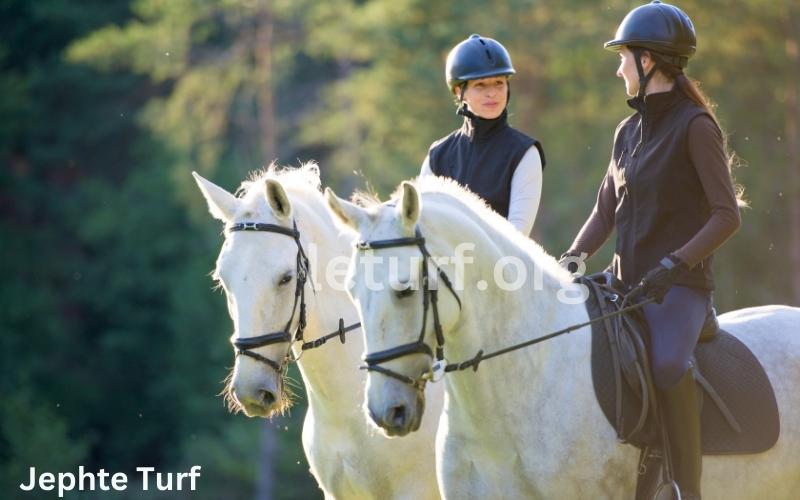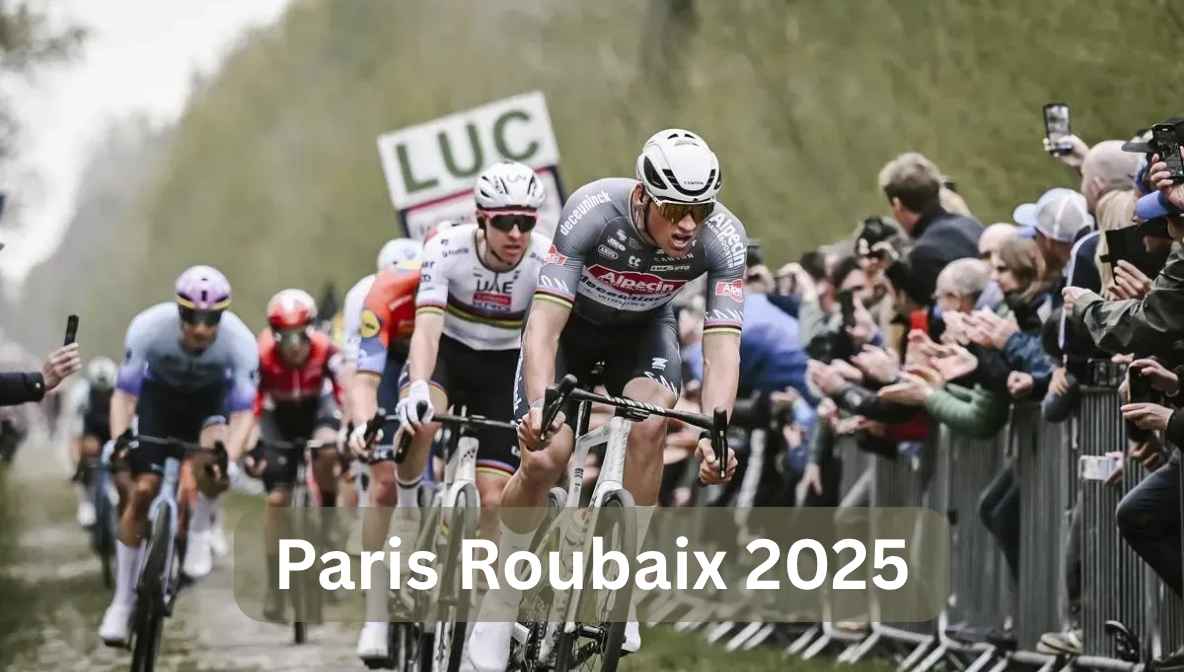Jephte Turf is one of the leading names in the turfgrass industry, providing high-quality turf solutions for a range of applications. Whether you are looking to beautify your lawn, create a vibrant sports field, or landscape your garden, Jephte Turf offers the best options for all needs. Known for its durable and aesthetically pleasing turf, this company has gained a reputation for excellent customer service and top-notch products.
With Jephte Turf, you get not only a product that enhances the visual appeal of any space but also a solution that stands the test of time. From installation to maintenance, Jephte Turf is your go-to for all things related to grass and landscaping solutions.
What is Jephte Turf?
Jephte Turf is a premier supplier of turfgrass, offering various types of grass ideal for landscaping, sports fields, and commercial use. The company has built a reputation for providing premium turf products that thrive in different climates and soil types, ensuring long-lasting and healthy lawns.
What Makes Jephte Turf Stand Out?
Jephte Turf stands out for its focus on quality and customer satisfaction. Their products are designed to deliver optimal performance and aesthetic appeal, whether you’re laying sod for a residential lawn or installing grass on a sports field.
Reminder: Choosing the right type of turfgrass from Jephte Turf can significantly impact the durability and appearance of your lawn.
The Types of Turfgrass Offered by Jephte Turf
Jephte Turf provides a wide range of turfgrass varieties that cater to different needs. Each type of grass is selected based on its adaptability, growth characteristics, and aesthetic value.
Common Turfgrass Varieties
- Kentucky Bluegrass: Known for its lush green color and fine texture, this variety is ideal for cool climates.
- Bermuda Grass: A heat-resistant option perfect for warm climates, offering durability and low maintenance.
Specialty Turfgrass Varieties
- Zoysia Grass: Known for its ability to thrive in various conditions, including drought and shade.
- Fescue: A versatile grass type suited for cooler regions, offering a dense and durable lawn.
Note: Always select the type of turfgrass based on the local climate and specific needs for the lawn or field.
How to Choose the Right Turfgrass for Your Lawn?
Choosing the right turfgrass from Jephte Turf can depend on various factors like climate, soil conditions, and lawn maintenance preferences. Different grass varieties have different requirements and characteristics.
Factors to Consider When Choosing Turfgrass
- Climate: Choose grasses that thrive in the climate zone you live in. For example, Kentucky Bluegrass does well in cooler regions, while Bermuda grass is better for warmer climates.
- Soil Type: Some turfgrasses are more adaptable to different soil types. It’s crucial to assess the soil pH and texture before selecting a grass variety.
Maintenance Considerations
- Watering Needs: Grasses like Bermuda need less water, making them ideal for drought-prone areas.
- Mowing Frequency: Different grasses require varying mowing frequencies based on their growth rates.
Reminder: Consult with Jephte Turf’s experts to ensure you select the most suitable grass variety for your project.
Why is Jephte Turf Ideal for Sports Fields?
Jephte Turf is the go-to choice for sports field turf due to its durability, resilience, and aesthetic appeal. Sports fields demand turf that can withstand heavy foot traffic, provide a smooth playing surface, and be easy to maintain.
Durability and Performance
Sports fields require turf that can handle intense wear and tear. Jephte Turf’s Bermuda grass, for example, is highly resistant to heavy foot traffic and recovers quickly, making it a great option for soccer fields, football fields, and golf courses.
Improved Playing Experience
The quality of turf directly impacts the performance of athletes. Jephte Turf’s carefully curated grasses provide a smooth, even surface that enhances the playing experience, reducing the risk of injuries.
Note: Choose the right turfgrass with Jephte Turf for the best sports performance and visual quality.
How to Install Jephte Turf for Landscaping?
Installation of turfgrass from Jephte Turf is a simple and straightforward process if done correctly. However, it requires proper preparation and care to ensure that the turf establishes itself well and thrives over time.
Preparation for Installation
- Soil Preparation: Before installing turf, the soil should be cleared of any debris, and a fresh layer of topsoil may need to be added for optimal growth.
- Leveling the Ground: Ensure the area is leveled and free of any low spots, as these could lead to poor drainage and uneven growth.
Steps for Installing Turfgrass
- Lay the sod pieces edge to edge, ensuring there are no gaps between them.
- Water the newly installed turf thoroughly to help it establish roots.
Reminder: Proper watering and maintenance after installation are crucial to ensuring the turf takes root and grows properly.
What Are the Benefits of Using Jephte Turf for Your Lawn?
Jephte Turf provides numerous benefits that make it an excellent choice for both residential and commercial landscaping projects. From its ability to enhance the aesthetic appeal of a property to its low maintenance requirements, the advantages are clear.
Aesthetic Appeal
Jephte Turf offers lush, green, and well-maintained grass that enhances the curb appeal of any property, adding value and beauty.
Environmental Benefits
Turfgrass from Jephte Turf plays a crucial role in reducing soil erosion, improving air quality, and providing a natural habitat for various insects and wildlife.
Low Maintenance
With proper installation, Jephte Turf requires minimal maintenance, reducing the effort needed to keep it healthy and vibrant.
Note: Regular watering and mowing ensure that your Jephte Turf lawn stays healthy and looks its best throughout the year.
How to Maintain Jephte Turf for Long-Term Health?
Maintaining your Jephte Turf is vital to ensure that it remains healthy, vibrant, and durable for years to come. Proper care practices will extend the lifespan of your lawn and help preserve its aesthetic value.
Watering and Irrigation
- Watering Frequency: Water your turfgrass consistently but avoid over-watering. The frequency will depend on the type of grass and the climate.
- Proper Irrigation Systems: Using an irrigation system can help ensure even watering and prevent waterlogging.
Fertilization and Weed Control
- Fertilize Regularly: Applying the right fertilizer helps your turf grow strong and healthy.
- Weed Management: Use proper weed control methods to ensure that your turfgrass isn’t competing for nutrients and space.
Reminder: Avoid heavy traffic on newly installed turfgrass until it is fully established to prevent damage.
Jephte Turf’s Role in Environmental Sustainability
Jephte Turf not only enhances the appearance of your property but also contributes to environmental sustainability. Turfgrass plays a significant role in improving soil health and conserving water.
Soil Erosion Control
Turfgrass prevents soil erosion by stabilizing the ground with its root systems, especially in areas with sloped terrain.
Water Conservation
Certain varieties of turfgrass, such as Bermuda and Zoysia, require less water than traditional lawns, helping conserve water and reduce overall consumption.
Note: Consider using drought-resistant turf varieties for areas where water conservation is a priority.
Conclusion
Jephte Turf offers top-tier turfgrass solutions that meet the needs of homeowners, businesses, and sports field managers alike. From providing lush, beautiful lawns to creating durable and resilient sports fields, Jephte Turf has earned its reputation as a trusted supplier of premium grass products. By selecting the right type of turf and following proper installation and maintenance practices, you can enjoy a green, healthy lawn for years to come.
FAQs
1. What types of turfgrass does Jephte Turf offer?
Jephte Turf offers a variety of turfgrass types, including Kentucky Bluegrass, Bermuda Grass, Zoysia, and Fescue. Each is suited to different climates and needs.
2. How do I install Jephte Turf on my lawn?
To install Jephte Turf, prepare the soil by removing debris, leveling the ground, and then laying the sod edge-to-edge. Water it thoroughly after installation.
3. How often should I water Jephte Turf?
Watering frequency depends on the type of turf and climate. Generally, turf needs consistent watering, especially in the initial weeks after installation, but avoid over-watering.
4. Can Jephte Turf be used for sports fields?
Yes, Jephte Turf is ideal for sports fields, as it offers durability, resilience to heavy foot traffic, and a smooth playing surface.
5. What are the environmental benefits of using Jephte Turf?
Jephte Turf helps prevent soil erosion, conserves water, and provides a natural habitat for wildlife, contributing to a more sustainable environment.




